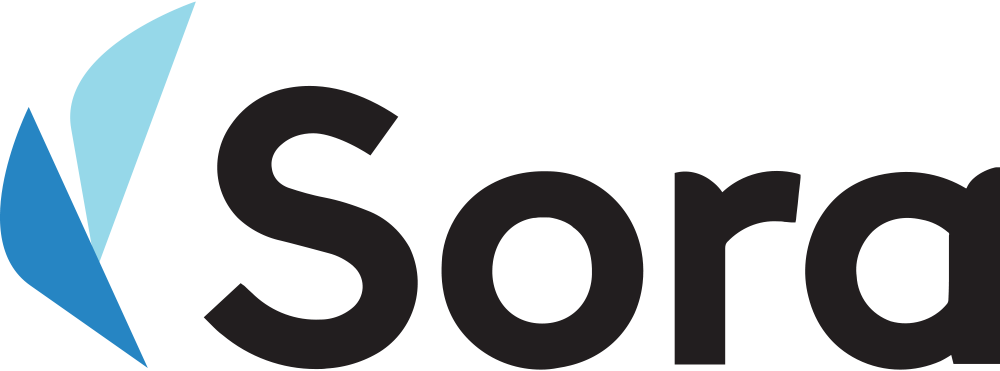Cash-out Refi vs HELOC — What’s the difference?
Introduction
As rates continue to rise it’s important to understand your options when it comes to your home equity and whether you should take advantage of a home equity line-of-credit or a cash-out refinance. Although the pandemic-boom of refinancing may be over, home’s are still rich with equity and you still have options for cash to use or invest.
What is a Home Equity Line of Credit (HELOC)?
A home equity line of credit, better known as a HELOC, is a line of credit borrowed against the home’s equity. A line of credit is a spending amount extended to a borrower. Of that amount, you only need to pay back what you borrow. Simply, think of a HELOC as a second mortgage where instead of changing the terms of your current mortgage, you are able to borrow with a separate set of terms and monthly payment. HELOCs work in a traditional 30 year model where one would typically spend funds in a ten year period and then repay the borrowed amount for the next twenty years. HELOCs are primarily a variable rate product, meaning that the interest rate is calculated by the current prime rate and lender-specific margins. Depending on the lender, you may be able to secure a fixed rate for a certain number of years. In a HELOC, you only owe what you borrow so your untapped balance will not be charged interest. Here are just a few ways you can use a HELOC:
Put it back into your home: You can take out a HELOC and put it to use through house remodeling or renovations. Building out your home can increase its value and even allow it to sell faster. If your HELOC funds for home renovation are IRS-approved, your interest is tax-deductible.
Debt Consolidation: A practical use of a HELOC would be to consolidate your debt, but what does that mean? If you are paying a credit card with a high rate of interest and find a HELOC with a lower interest rate, it might be smart to pay off your credit card using your home’s equity and use the lower interest rate to bring down monthly payments.
Approaching retirement: A great use of a HELOC is by using the credit as a down payment for an investment property to unlock passive income in retirement. For those already in retirement, a HELOC can be your safety net to cover emergency costs.
Something to keep in mind when you take out a HELOC is that you are borrowing against your home’s equity, meaning serious consequences if you default on your payment.
What is a Cash-out Refi?
A cash-out refinance uses your home as collateral for a new, larger loan and cash. Getting cash through your home’s equity is an easy way to fund emergencies and wants. Essentially, a borrower would take on a larger loan that would pay off their current mortgage and place them into a new mortgage with different terms and a new monthly payment. The difference between the first mortgage and the new mortgage is given to the borrower in cash. Usually, since a cash-out refinance decreases your equity in your home, lenders see it as a riskier loan so the closing costs are much higher than your standard refinancing.
It makes sense to look at a cash-out refinance when interest rates are low because you can likely time it to get more favorable terms. It’s also important to understand why you need the cash. Similar to a HELOC, defaulting on your payment puts your home on the line so it’s pertinent that you use the cash in an essential way.
How do the two compare?
Which of the two is better in today’s market?
Because interest rates have been climbing over the past 6 months, cash-out refinancing is less than ideal because you would likely refinance into a much higher interest rate than you currently hold. Home equity lending may be a better option because you wouldn’t alter the terms of your primary mortgage.
Which one is easier to qualify for? Here are some general guidelines:
Conclusion
In the end, it’s important to understand the differences between a refinance and home equity lending, but more importantly, it’s important to realize that you can tap into your home's equity. All loans have their pros and cons, but certain loans are more advantageous than others in certain markets. Consult your financial advisor, banker, or Sora about which type of loan may be best for your situation.


